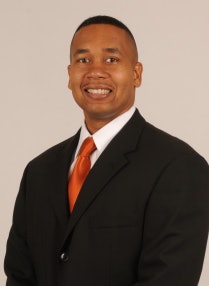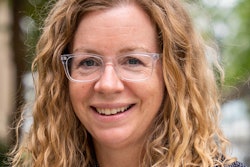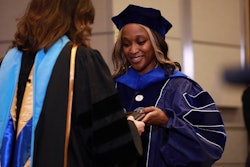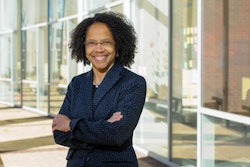 Dr. Juan E. Gilbert is the Andrew Banks Family Preeminence Endowed Chair in the Computing & Information Science & Engineering Department at the University of Florida.
Dr. Juan E. Gilbert is the Andrew Banks Family Preeminence Endowed Chair in the Computing & Information Science & Engineering Department at the University of Florida.
After the first Breakthrough Prizes in math were announced earlier this summer, several scholars, however, say they doubted the generous prizes would do much to inspire members of groups underrepresented in STEM—racial and ethnic minorities and women—to pursue Ph.D.s or careers in those fields.
“How does this relate to students, increasing the pipeline? I don’t see how. It’s not connected to the pipeline in any way, if it’s not about students,” says Dr. Juan E. Gilbert, the Andrew Banks Family Preeminence Endowed Chair in the Computing & Information Science & Engineering Department at the University of Florida. Gilbert is also creator of Applications Quest, a software system designed to help colleges admit diverse classes of students without preferences.
Dr. M. Brian Blake, another computer scientist who is also vice provost for academic affairs at the University of Miami, says he is skeptical.
“I don’t know if it’s going to be a long-term incentive for someone to consider a career in science or math,” Blake says. “People play the lottery regularly because there’s this quick turnaround for the prizes. Whereas, when you think about this, it means you have to be doing high-level work for a long period of time.”
More effective ways to attract underrepresented students into STEM, the scholars indicated, are targeted programs that present accomplished role models and provide engagement with science from the early school years through college and postsecondary education. Such school- and community-based programs already exist in some parts of the country.




















